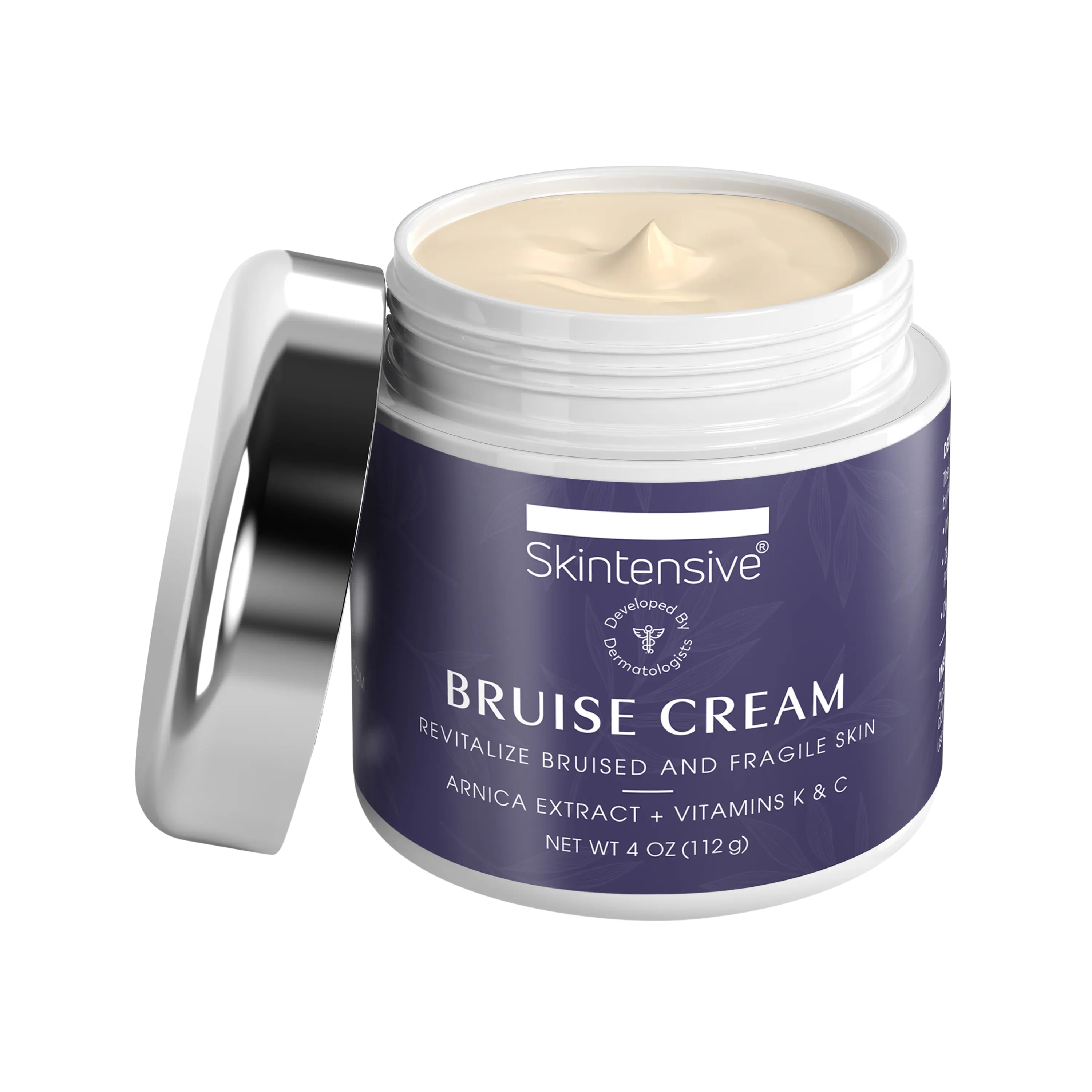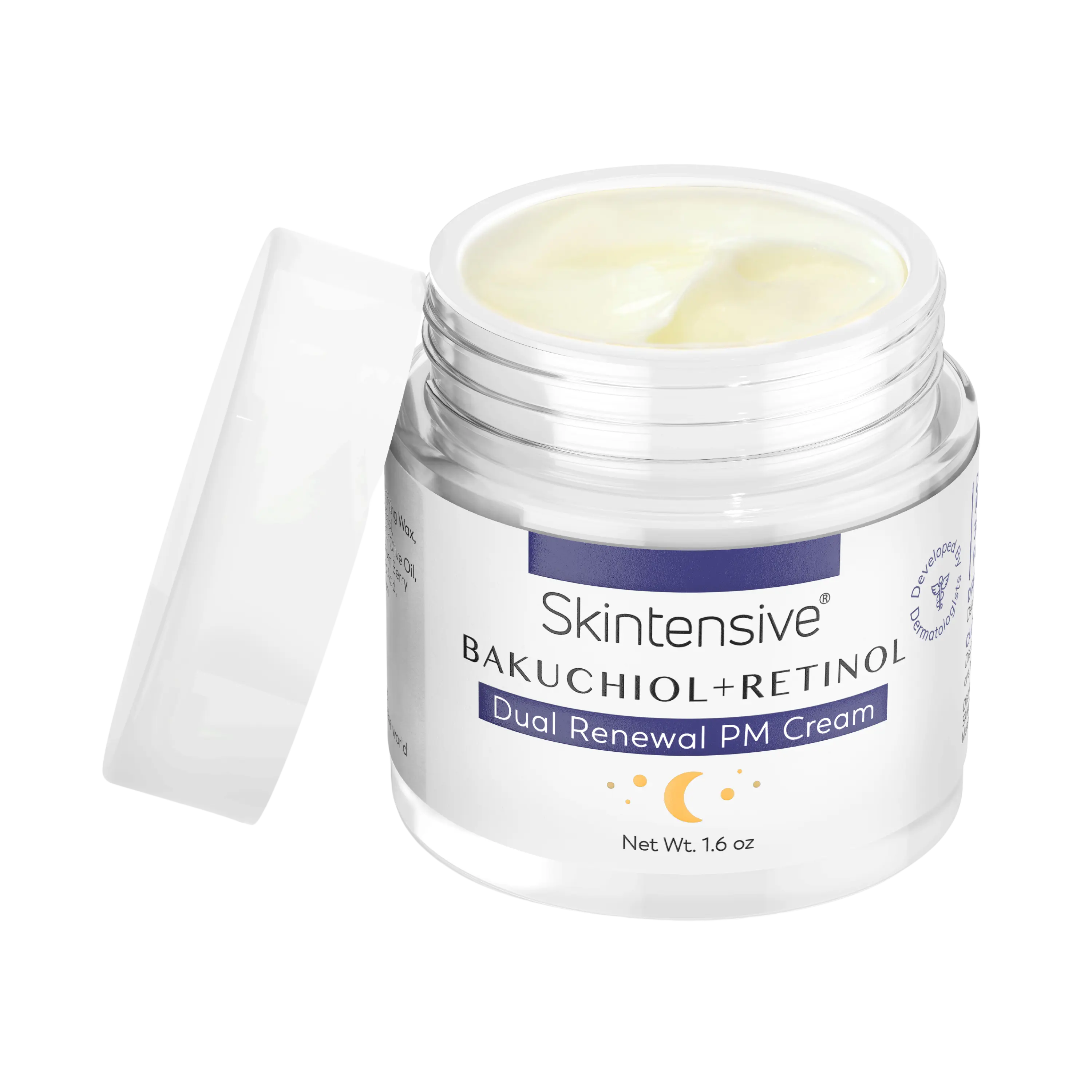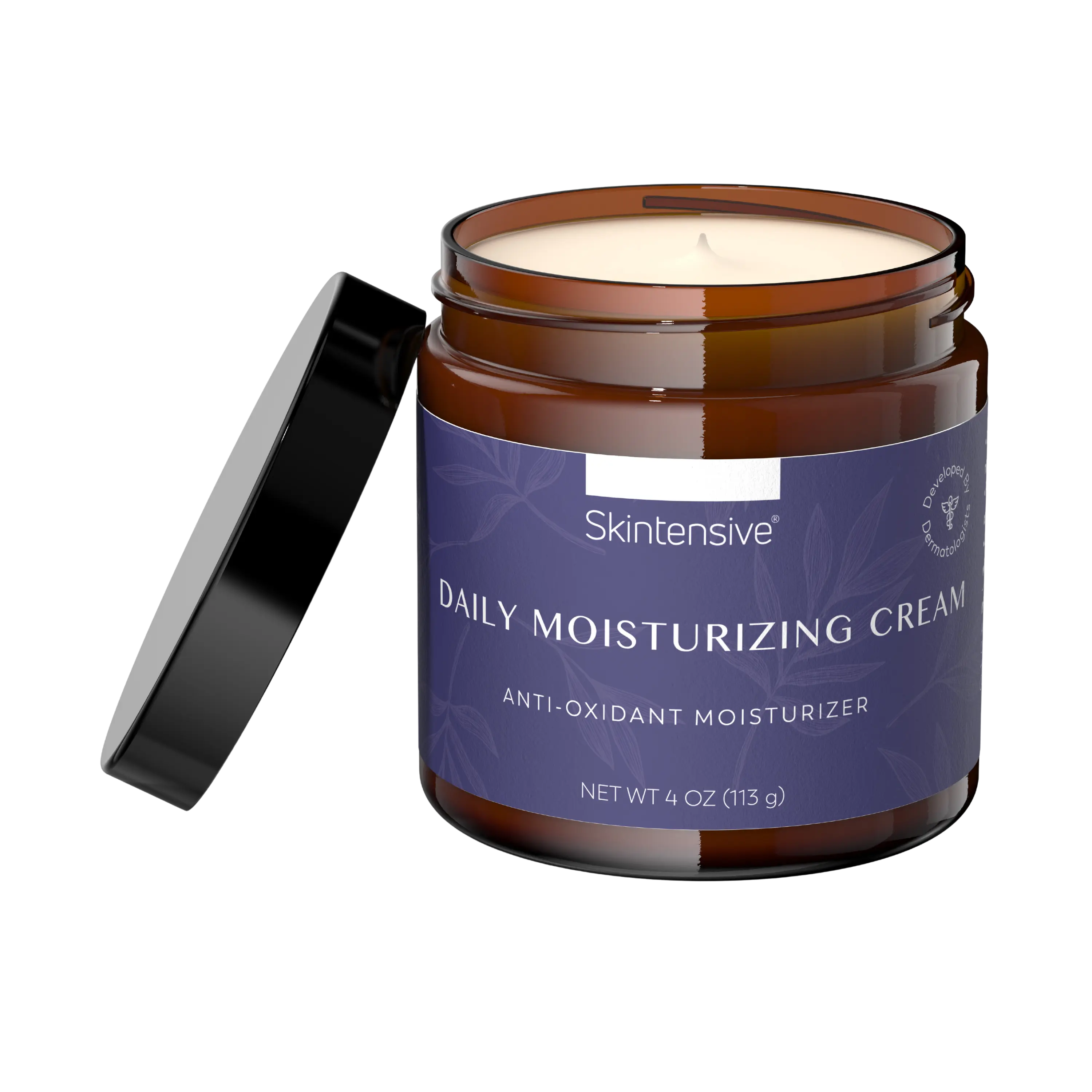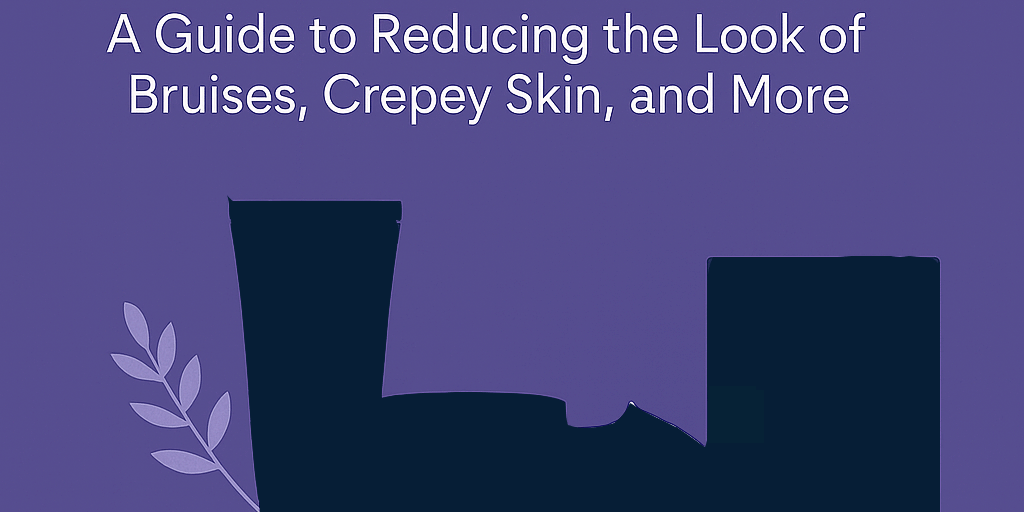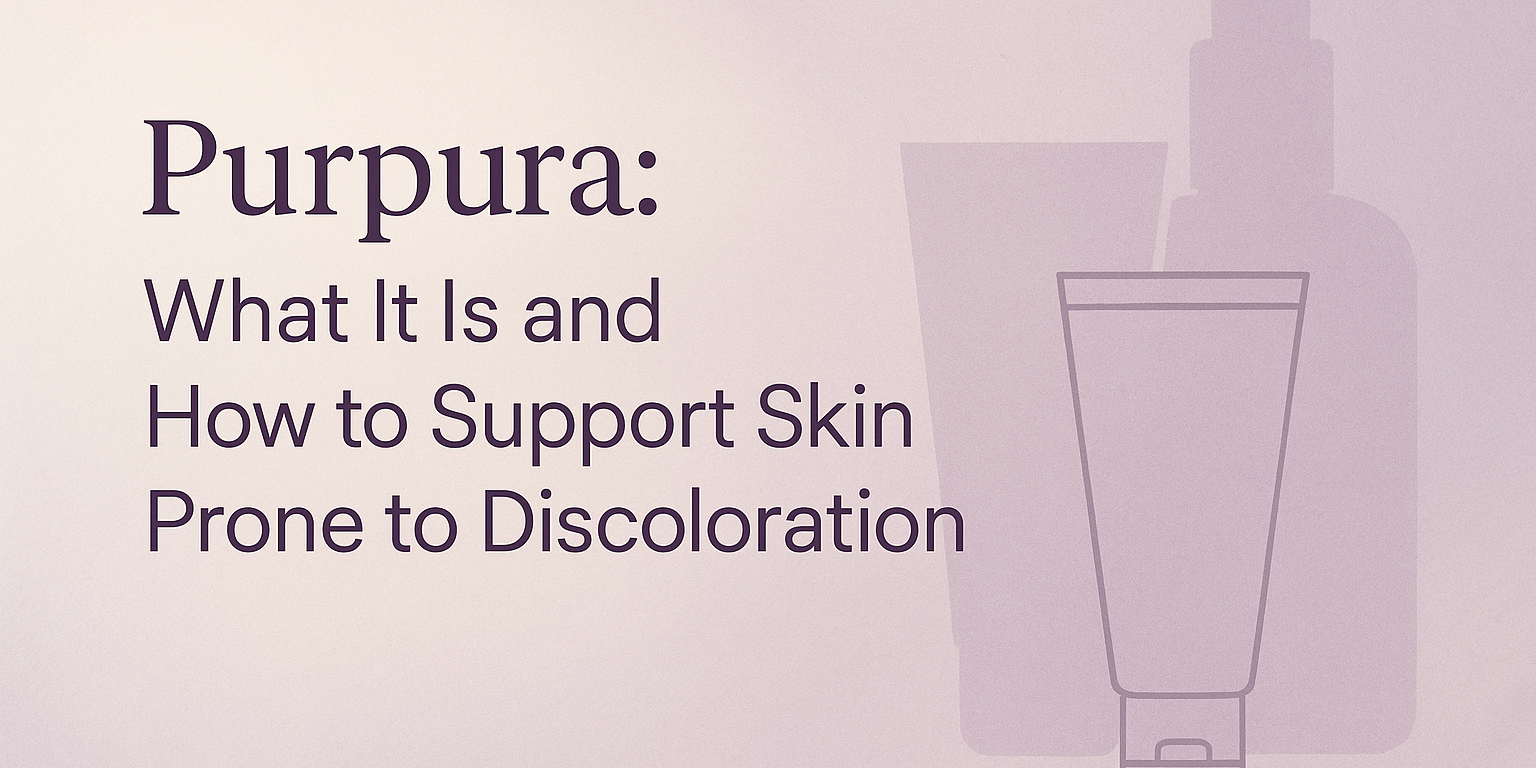Ask a Dermatologist: How Do I Treat Post-Injection Swelling and Bruising?
By Anar Mikailov, MD, FAAD, board-certified dermatologist
In the realm of anti-aging, injectables like neuromodulators (e.g. Botox) and fillers (e.g. Juvederm) are common in-office treatments that can help smooth fine lines, add volume, and subtly rejuvenate your appearance.
However, common side effects many patients experience include bruising and swelling. Some studies show that up to 70% of patients experience bruising; this is most common with filler injections and less often seen with Botox injections. Bruising can occur due to a variety of factors: injection technique, injector skill, the instrument used (needle vs cannula), and even the patients’ medication and supplement intake. Patients can still experience pinpoint bruising at the injection site even from the most skilled injectors.
If you find that you bruise easily from injectables, try to avoid alcohol, NSAIDs (e.g. Ibruprofen), and supplements like fish oil and Ginkgo biloba. If you are on a blood thinner, please consult your prescribing doctor first. Also, make sure you use ice packs to help decrease inflammation after the injection.
What To Do If You Bruise
If a bruise starts to form, look for an anti-bruise cream with Arnica and Vitamin K, like the Skintensive Bruise & Scar Cream.
Arnica - this ingredient has the longest historical evidence and the most literature evidence when it comes to bruising. Although all of the mechanisms are not clear, what we know is that arnica and the extracts from the Arnica montana plant promote blood flow to the bruised area, which helps the body reabsorb the bruise, using the body’s normal healing mechanisms.
Vitamin K - this is a key ingredient in your body’s normal clotting mechanisms. So as soon as blood starts leaking out of a vessel, vitamin K is needed to patch that leak and prevent additional bruise development. Fun fact - all newborns are given an injection of vitamin K at birth because this vitamin is so critical to bleeding and newborns have minimal stores.
While the Bruise Cream was not initially designed for post-procedural and post-operative treatment, both patients and physicians have adopted it for this specific use. Its easy-to-apply and rich texture not only helps clear bruises, but we’ve also observed great results for those who use the cream perioperatively–meaning they start two days before their treatment!
Disclaimer:
The content in this article is not medical advice, but rather informational content. As a service to our readers, Skintensive provides access to our library of archived blog content. Please note the date of last review or update on all articles. No content on this site, regardless of date, should ever be used as a substitute for direct medical advice from your doctor or other medical professional.


